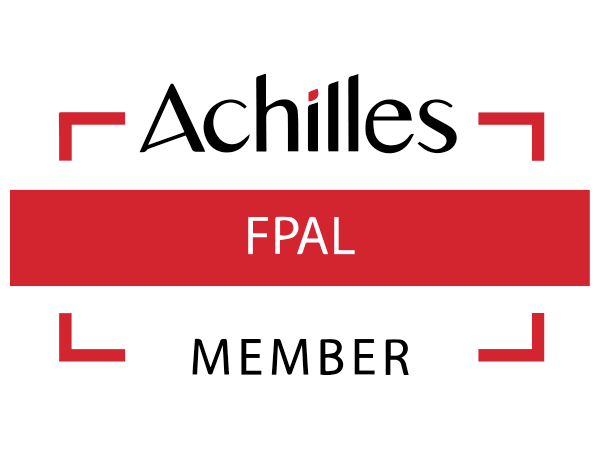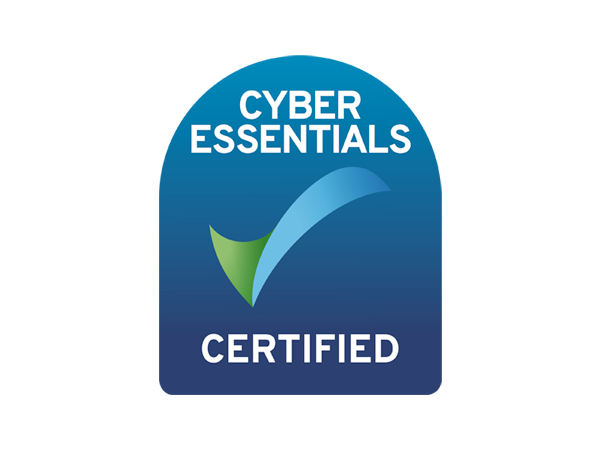Introduction
The business of petroleum exploration & production is not only very complex and capital intensive; it is also of extreme importance to most of the producing countries’ economy. The very heart of the management of such a highly technical and operationally complex business is Corporate Planning.
Similarly, the best practices found in the industry and which ensure its success is predicated on strategic rather than general management.
This two modular technical training workshop has been designed strictly for staff, supervisors and manager engaged in Planning Functions and other critical aspects (departments) of the Upstream sector of the petroleum industry.
The program teaches critical technical know-how required to effectively run or be an effective staff of the Corporate Planning Department, the Finance & Accounting or Materials Management Departments of an International Oil Company (IOC) or National Oil Company (NOC).
National Oil companies and their Divisions/Subsidiaries are constantly in Joint Venture(JV) with IOCs or are acting in supervisory & regulatory roles, and therefore must acquire and constantly update the technical competences to effectively perform these roles such that their national (country) objectives could be attained.
On the other hand, IOCs must ensure efficient deployment of JV Partners resources for effective delivery of financial, environmental & other corporate goals as expected by their stakeholders.
We have designed this program with a view to deliver it through:
- Overview of Theoretical Background
- Case Studies & Simulation of Live Situations & Scenario Modelling.
- Class Individual & Group Exercises
- Video Clips
- Critical Analysis & Examination of Every Aspect of the program content & free minded discussion of issues with a view to provide solutions.
All of the above will ensure that attendees acquire the under listed expected learning outcomes through the two week classroom setting delivery.
With the exception of a few basic courses, most of our programs are solution based.
PARTICIPANTS ARE WELCOME TO ATTEND BOTH MODULES OR EITHER OF THE TWO MODULES.
Learning Outcomes: What participants will learn.
- Ability to know the Key Performance Indicators (KPI) for an E & P company be it under JV or PSC or Service Contract.
- Ability to measure accurately & decide which of the operating companies had better productivity and the extent of Value for Money the JV partners get, using critical KPIs.
- Participants will be in a better position to perform data analysis.
- Participants will improve on their report preparation in terms of accuracy and reproducibility of analysed data. All being key aspects of Business Intelligence and effective Corporate Planning.
- The budgeting aspect will strength participants’ ability to prepare more plausible budgets through a more concise analysis of the economic environment & the adoption of more accurate assumptions, particularly assumptions for forecasting national & global economic barometers & parameters that impact the industry.
- Improved budgetary control in both benchmarking & cost ascertainment and cost control.
- Increased knowledge of critical investment appraisal yardsticks particularly the real life ability to calculate DCF/NPV & therefore IRR.
- Attendees will know the differences between General Management & Strategic Management and how to employ Strategic Management in oil & gas exploration & production business management.
- Adequate understanding of the Planning Cycle & how to initiate & run it specifically for E&P operations.
- Attendees will learn about what constitutes the internal & external environment of an E&P company either as Operator or as Govt. Regulatory / Supervisory Organisations, and how to conduct Environmental Analysis statistically.
Content: Module 2
- Business Intelligence Tools for the Petroleum Industry:
- Quick Overview of Microsoft Excel, including Practice Exercise Sessions.
- Tables/Graphs Creation for Analysed Data Presentation.
- Data Analysis & Reporting as Key Part of Business Intelligence.
- Employment of Submitted Data (e.g. by IOC) to Deduce Critical Levels of Performance & Spending. E.g. The Impact of an IOC’s Revenue on Govt. Take in terms of Transfer Pricing Regulations.
- Budgeting & Cost Controls in JV & PSC Operations:
- (i) Key Budgeting challenges in O & G (E&P) Operations & Possible Solutions.
- (ii) Key Data for viable Budgets (from National, Global & individuals IOC’s available Data & Reports).
- (iii) Budget sensitivity Analysis in relation to Critical Assumptions.
- (iv) Budgetary Control Tools: AFE, Variance Analysis, Cost Benchmarking, Cost Verification, Project Work Performed Analysis & Indexation.
- (v) National Budget: Joint Venture Budget – the challenges & possible solutions.
- Project Management:
- Project Planning & Control: The Control Process.
- Project Execution: Work Breakdown Structure (UBS)
- Critical Path Analysis: Examples are drawn from Upstream projects.
- EPC & EPCC Project characteristics, Challenges & Planning to control the related budgets.
- Contracts Management: Technical, Legal & Commercial Issues for Oil Industry Engineering Contracts. The UK North Sea Standards for Oil & Gas (E&P) Projects.
- Financial Analysis, Financial ratios & other Industry Specific Performance Indices Calculations.
- (i) Return On Capital Employed (ROCE)
- (ii) DCF/NPV & IRR
- (iii) Profit Tax (PPT, CT, Hydrocarbon Tax, Supplementary Tax& PRT
- Implications for Govts, & Operator/Contractor
- Profit Oil, Tax Oil, & Cost Recovery.
- (iv) Impact of Common Cost & Parent Company Overhead (PCO) on Cash Call Efficiency.
- (v) Cashflow Analysis of a JV & PSC Operation.
- (vi) Oil & Gas Finding/Replacement Cost per Bbl. (Exploration Efficiency).
- (vii) Production Cost (Unit of Production – UOP) Calculation
- (viii) Drilling Cost & Drilling Cost Benchmarking: Offshore/Onshore & Regional Comparison.
- (ix) Reserves Definitions & reserves Evaluation for Investment Analysis Purposes.


